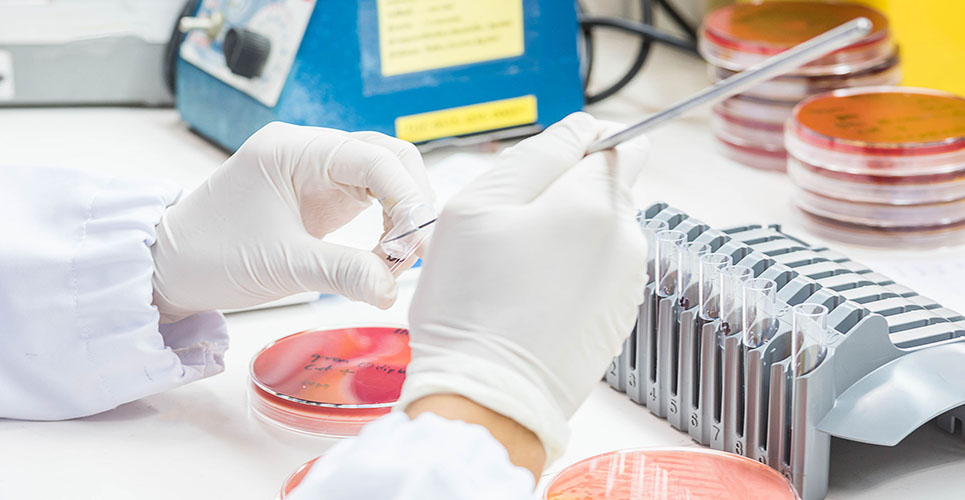teaser
A new class of antibiotics which target vital proteins in life-threatening bacteria could be the latest weapon in the fight against hospital superbugs.
Scientists in Switzerland have hailed the discovery as a breakthrough in the battle against multi-drug resistant bacteria, adding that the development of a new class of antibiotics is an event “that probably happens about every 20 years.”
The antibiotics, developed by Swiss biotech firm Polyphor and the University of Zurich, work by targeting key proteins in “gram negative” bacteria which are used in the creation of the outer cell membrane.
If Phase 1 clinical trials due to go ahead later this year are successful, it could pave the way for a new treatment option for hospital superbugs, such as MRSA and C Diff, which have shown continuing resistance to commonly-used antibiotics.
“There is a big need for new antibiotics that can overcome rising resistance,” Polyphor said.
“And if you look back in history, finding a new class of antibiotics is an event that probably happens about every 20 years.”
Polyphor confirmed that discussions are currently taking place with pharmaceutical firms about possible licensing deals on POL 7080, the most effective of the new treatments, which targets pseudomonas aeruginosa, a common bacteria that can cause lung infections.
Copyright Press Association 2010
Polyphor

